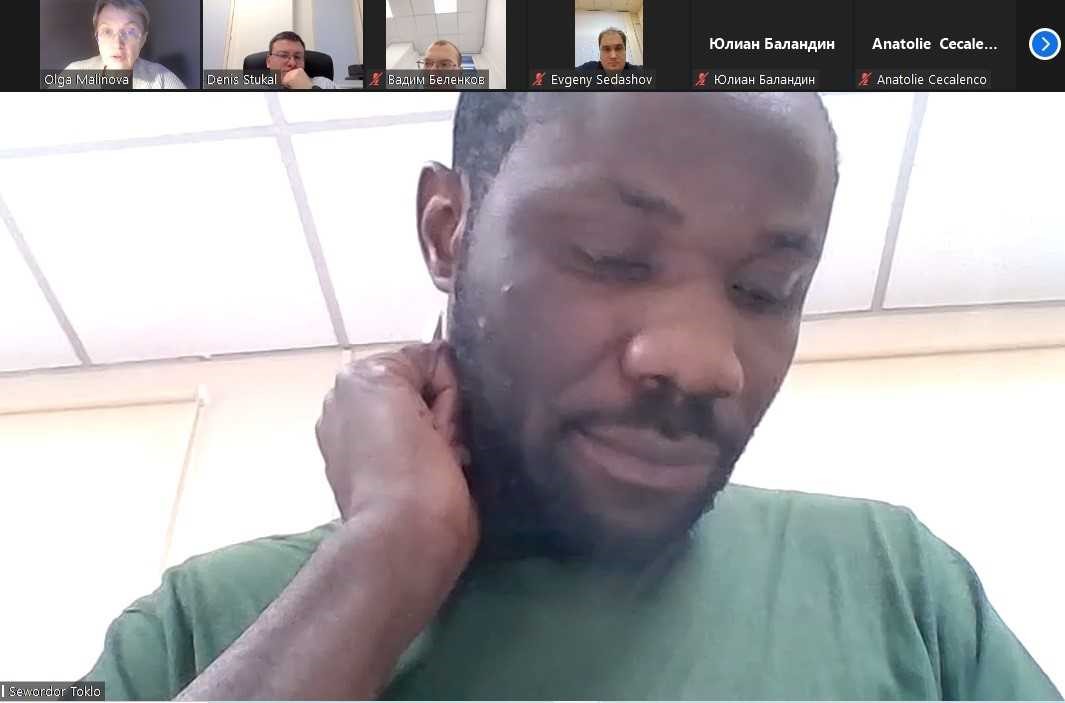Sewordor Toklo presented the report “The effects of corruption and clientelism perceptions on political behavior: evidence from Africa”

It has been largely established in the literature that corruption hinders economic development, and foreign direct investment and is one of the main causes of poverty in many developing countries. Furthermore, corruption erodes trust in democratic institutions and can lead to subversion. Clientelism on the other hand is an obstacle that affects legitimacy pillars of democracy, leading to a reduction in trust and support for state institutions. First, input legitimacy is affected by limiting opportunities for individuals who have the sufficient social capital to be heard. Second, to give favours to the preferred clients, the rules of the game are adversely undermined in a non-transparent manner. Also, clientelism creates a problem for output legitimacy since it encourages unaccountability and irresponsible public spending. This abundance of research on the consequences of corruption and clientelism at the macrolevel contrasts with the relative scarcity of the research on the consequences of corruption and clientelism at the microlevel. The report investigates the effects of corruption and clientelism perceptions on political behaviour –support for democracy, voting decisions, and protest participation in Africa. First, it analyses how corruption tolerance affects these political behaviours. Some citizens are aware of corruption but choose to tolerate it. How does this tolerance for corruption influences their political conduct? The report hypothesises that individuals' tolerance of corruption practices decreases their willingness to vote in elections and protests. The report subsequently analyses how vote buying perception also influences these political behaviours. It uses logistic and instrumental regression analysis to evaluate the relationship between corruption tolerance and vote-buying perception on the main dependent variables. The findings corroborate the expectation and demonstrate substantial robustness to various model specifications using rounds 3 and 5 of the Afrobarometer data for Sub-Saharan African countries. The results in the instrumental variable regression also show that even after introducing the instrument, the argument advance in the research was still valid.
Sewordor Toklo


